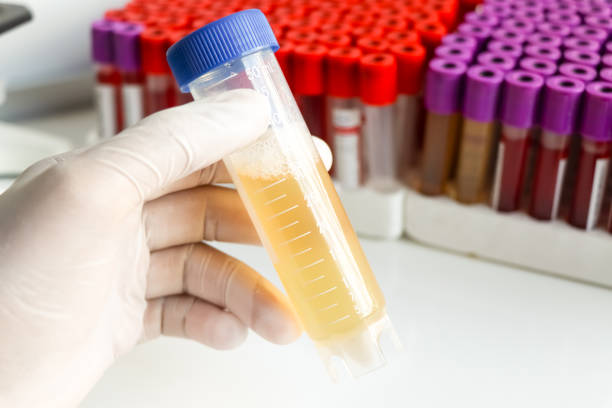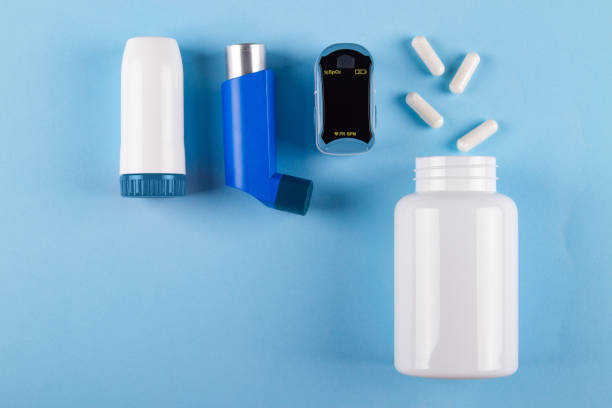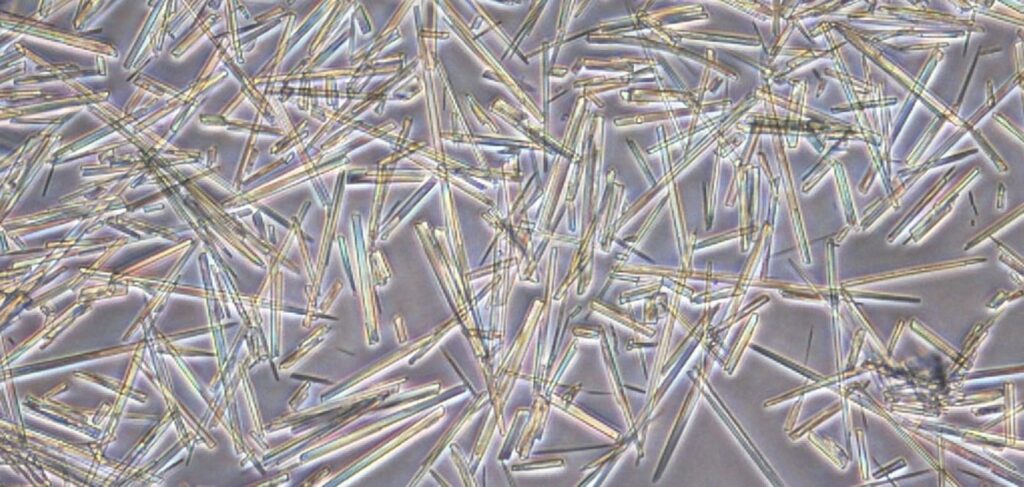Alternative Treatments
Tips to Dissolve Uric Acid Crystals Fast
Uric acid crystals can cause intense agony and anguish, leading to a desperate search for effective treatment. While traditional therapies are beneficial, many people seek faster solutions to dissolve uric acid crystals and relieve symptoms quickly. This article provides a comprehensive overview of recommendations and strategies for accelerating the decomposition of uric acid crystals, including information on dietary changes, hydration techniques, lifestyle changes, and natural therapies. Individuals can empower themselves to manage their illness and recover control of their health and well-being by understanding the mechanisms that underpin uric acid crystal development and investigating evidence-based treatments to facilitate their breakdown.

Understanding Uric Acid and Gout
The Role of Uric Acid
Uric acid is a natural waste product created by the body as it breaks down purines, which are found in many foods and beverages. Normally, the kidneys filter out uric acid, which is then removed from the body through urine. When there is too much uric acid in the blood, crystals form and build in the joints, resulting in the painful condition known as gout.
Gout: A Brief Overview
Gout is a kind of inflammatory arthritis characterized by the accumulation of uric acid crystals in joints. It most commonly affects the big toe, but it can also occur in the ankle, knee, wrist, and elbow. Certain meals and beverages, as well as stress, illness, and injury, can all cause gout attacks.
High uric acid levels in the blood can cause uric acid crystals to develop, causing joint inflammation and injury. Over time, these crystals can form deposits known as tophi, which are visible beneath the skin.
Lowering uric acid levels in the blood is vital for removing uric acid crystals and preventing gout episodes. This can be accomplished through lifestyle modifications such as eating nutritious food, staying hydrated, and avoiding alcohol and sugary beverages. In some circumstances, medication may be administered to reduce uric acid production or promote uric acid excretion.

Prevention and Management Strategies
Dietary Adjustments
Diet is essential for managing and preventing uric acid crystals. Individuals with high levels of uric acid should avoid purine-rich meals, which can raise uric acid levels. A well-balanced, nutrient-dense, and low-fat diet is recommended.
Alcohol should be avoided or consumed in moderation because it might raise uric acid levels. Individuals should also minimize their use of sugary beverages and meals containing high fructose corn syrup.
Purine-rich foods include organ meats like liver and kidneys, as well as shellfish, red meat, and certain types of legumes. However, not all purine-rich meals have the same effect on uric acid levels, and some may even be helpful.
Importance of Hydration
Staying hydrated is critical for people with high uric acid levels. Drinking enough of water can help drain uric acid and prevent crystals from forming. It is advised that you consume at least eight glasses of water each day.
Exercise and Weight Management
Maintaining a healthy weight and doing regular exercise can help avoid the production of uric acid crystals. Exercise can help reduce uric acid levels in the blood while also improving general health. People who are overweight or obese should try to lose weight by a mix of dietary adjustments and exercise.
In addition to exercising, people should focus on eating a healthy and balanced diet. This can include eating plenty of fruits and vegetables, lean protein, and complete grains.
Overall, uric acid crystal prevention and control necessitate a complex approach that includes dietary changes, enough hydration, and regular exercise. Individuals who adopt these lifestyle changes can lower their risk of developing gout and other associated illnesses.

Medical Treatments for Uric Acid Control
Medications
There are numerous drugs available to help regulate uric acid levels in the body. These drugs can be prescribed by a doctor and are effective at lowering the risk of gout attacks. Some of the most often given drugs for uric acid management are:
- Nonsteroidal anti-inflammatory medicines (NSAIDs) such as ibuprofen and naproxen can help lessen the inflammation and pain associated with gout attacks. These medications are often administered within the first 24 hours of an incident.
- Corticosteroids, such as prednisone, can help decrease the inflammation and pain associated with gout attacks. They are typically prescribed when NSAIDs do not work or cannot be taken.
- Colchicine: This drug can be used to relieve the pain and inflammation associated with gout attacks. It can also help to avoid future attacks.
- Allopurinol: This drug is used to reduce uric acid levels in the body. It is typically administered to those who have frequent gout attacks or have excessive amounts of uric acid in their blood.
- Probenecid is a medicine that increases the body’s ability to excrete uric acid. It is typically administered to those who have frequent gout attacks or have excessive amounts of uric acid in their blood.
- Febuxostat: This drug is used to reduce uric acid levels in the body. It is typically administered to those who have frequent gout attacks or have excessive amounts of uric acid in their blood.
Surgical Options
In some circumstances, surgery may be required to regulate uric acid levels in the body. One surgical technique is to remove tophi, which are deposits of uric acid crystals that can grow beneath the skin. Another alternative is to provide pegloticase intravenously, which can help dissolve uric acid crystals in the body.
It is crucial to note that, while these drugs and surgical treatments can help manage uric acid levels, they may not be appropriate for everyone. Before beginning any new gout treatment or uric acid control regimen, consult with a doctor. Furthermore, lifestyle adjustments such as keeping a healthy weight, staying hydrated, and avoiding alcohol and high-purine foods can all help minimize the incidence of gout.

Lifestyle and Home Remedies
Natural Supplements
There are a number of natural supplements that can help dissolve uric acid crystals. Some of the extras include:
Vitamin C is an antioxidant that can lower uric acid levels in the body. It is recommended that you consume 500-1000 mg of vitamin C every day to assist dissolve uric acid crystals.
The cherry extract includes antioxidants called anthocyanins, which can help reduce inflammation and lower uric acid levels. It is recommended to consume 500-1000 mg of cherry extract every day.
Turmeric includes curcumin, an antioxidant that helps reduce inflammation and uric acid levels. It is recommended to consume 500-1000 milligrams of turmeric every day.
Cold Therapy and Rest
Cold therapy and rest can also help dissolve uric acid stones. When a gout attack develops, it is recommended that you rest the affected joint and use cold therapy to minimize inflammation and pain. Using an ice pack on the affected joint for 20-30 minutes at a time, multiple times each day can help reduce inflammation and dissolve uric acid crystals.
In addition to cold therapy and rest, maintaining a healthy lifestyle can help prevent gout attacks. This includes:
- Eating a nutritious diet: A diet low in purines, sugar, and alcohol can assist the body reduce its uric acid levels.
- Staying hydrated: Drinking enough of water might help eliminate uric acid from your system.
- Regular exercise will help you maintain a healthy weight and lower your risk of having gout attacks.
- Foods that can cause gout attacks include red meat, seafood, and organ meats. To help prevent gout attacks, avoid eating these items.
Conclusion
Finally, overcoming the difficulty of rapidly dissolving uric acid crystals requires a multimodal approach that includes dietary, lifestyle, and natural therapies. While there is no immediate cure for the pain and discomfort produced by uric acid crystals, following the advice and tactics given in this article can hasten their decomposition and alleviate symptoms more quickly. Individuals have a plethora of alternatives for promoting the breakdown and evacuation of uric acid crystals, ranging from staying hydrated and eating anti-inflammatory foods to embracing natural therapies and living a healthy lifestyle. Individuals who adopt a proactive mindset and take decisive action to treat their illness can recover control of their health and well-being, resulting in alleviation and an enhanced quality of life. As always, consulting with healthcare professionals is encouraged to customize treatment strategies and guarantee the best possible management of uric acid crystal-related diseases.
https://discoverybody.co

